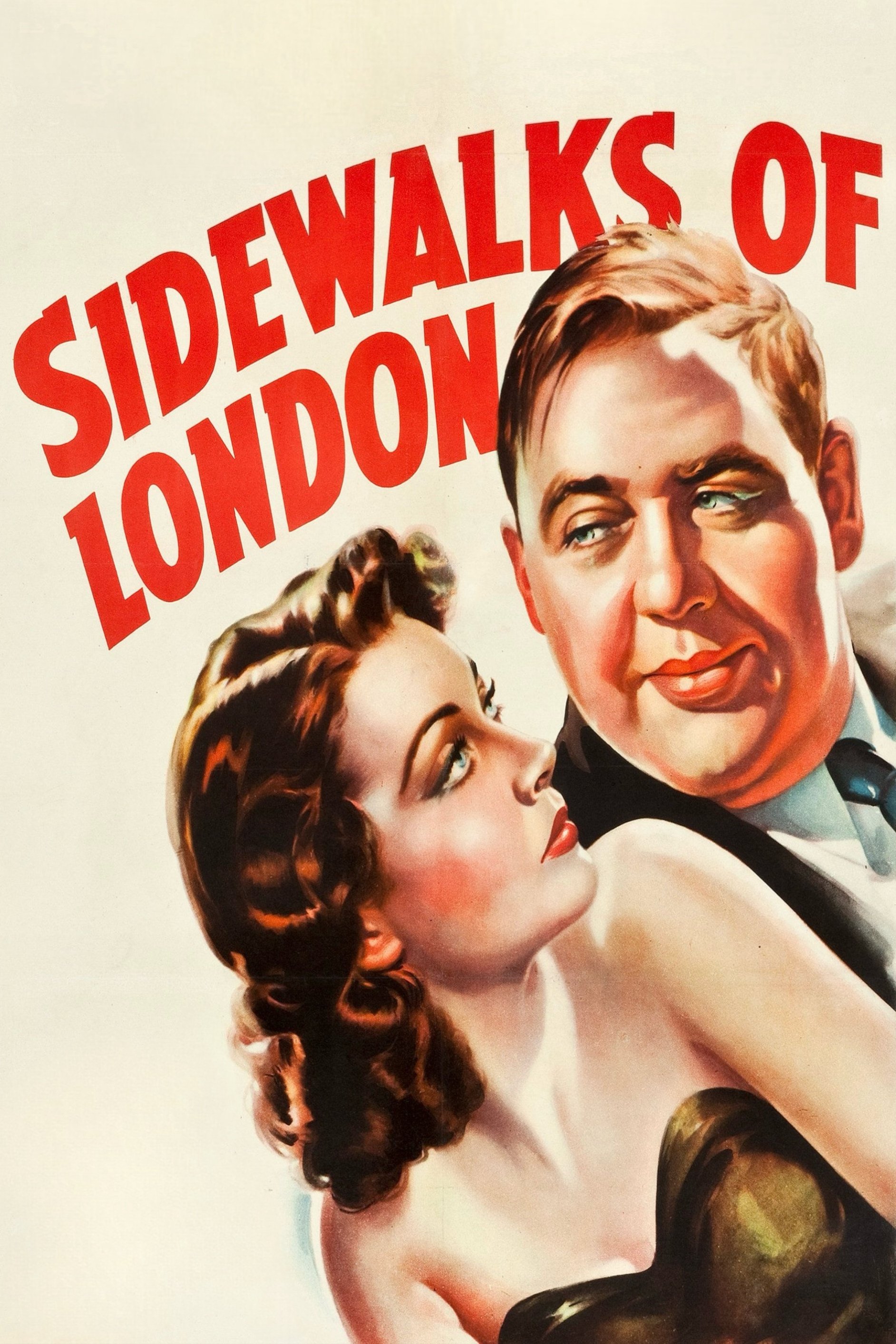
St. Martin's Lane
St. Martin's Lane
- Status: Released
- 18-10-1938
- Runtime: 85 min
- Score: 7.125
- Vote count: 24
On the sidewalks of the London theater district the buskers (street performers) earn enough coins for a cheap room. Charles, who recites dramatic monologues, sees that a young pickpocket, Libby, also has a talent for dancing and adds her to his act. Harley, the theater patron who never knew Libby took his gold cigarette case, is impressed by Libby's dancing and invites her to bring Charles and the other buskers in his group to an after-the-play party. Libby comes alone. A theatrical career is launched.
Cast
Trailer
Review
There's quite a lot of depth to this tale of London's theatre-land buskers just as their importance started to wain. Charles Laughton ("Charlie") scratches a living reciting Kipling to those waiting in queues for theatres and cinemas when he encounters Vivien Leigh ("Liberty") who dances, mimics and picks pockets for a living. She has attracted the attentions of impresario Rex Harrison ("Harley") who sees some potential in the young girl and her career is launched! There's a bit of an unlikely love story between Laughton and Leigh, and as the latter's star rises - the relationship is tested. The characterisations from Laughton are funny and decent; Leigh shows clearly what made her a star and Harrison also brings a certain class to the proceedings. It's also an interesting observation of just how the whole street entertainer culture offered everything from eloquent poetry and vibrant dancing to roast chestnuts and petty larceny as recently as the 1930s. It's rarely seen nowadays, but if you get an opportunity then this is certainly a film that belies it's low-key status with some good writing; characterful performances, laughs and gentle pathos.

